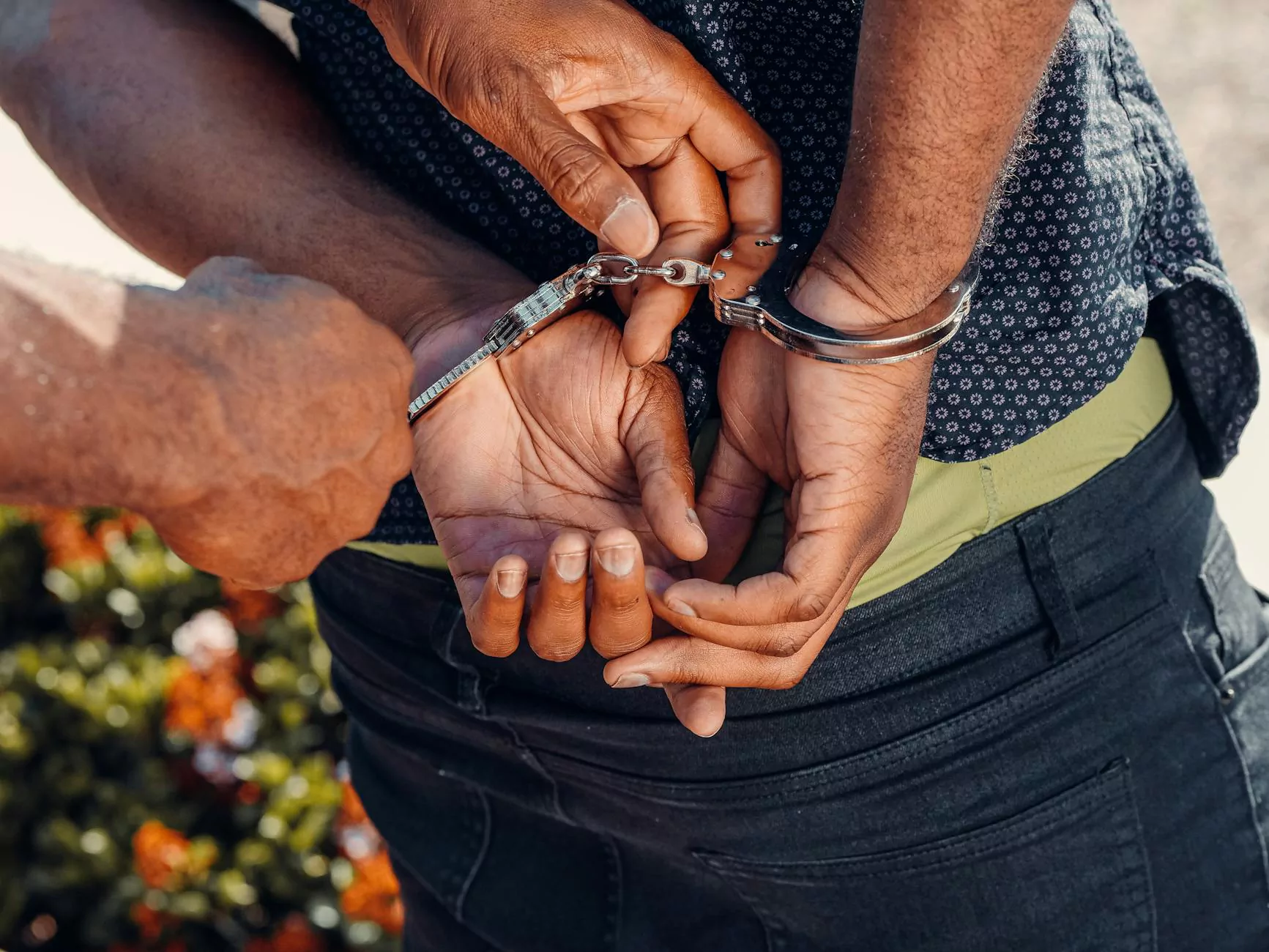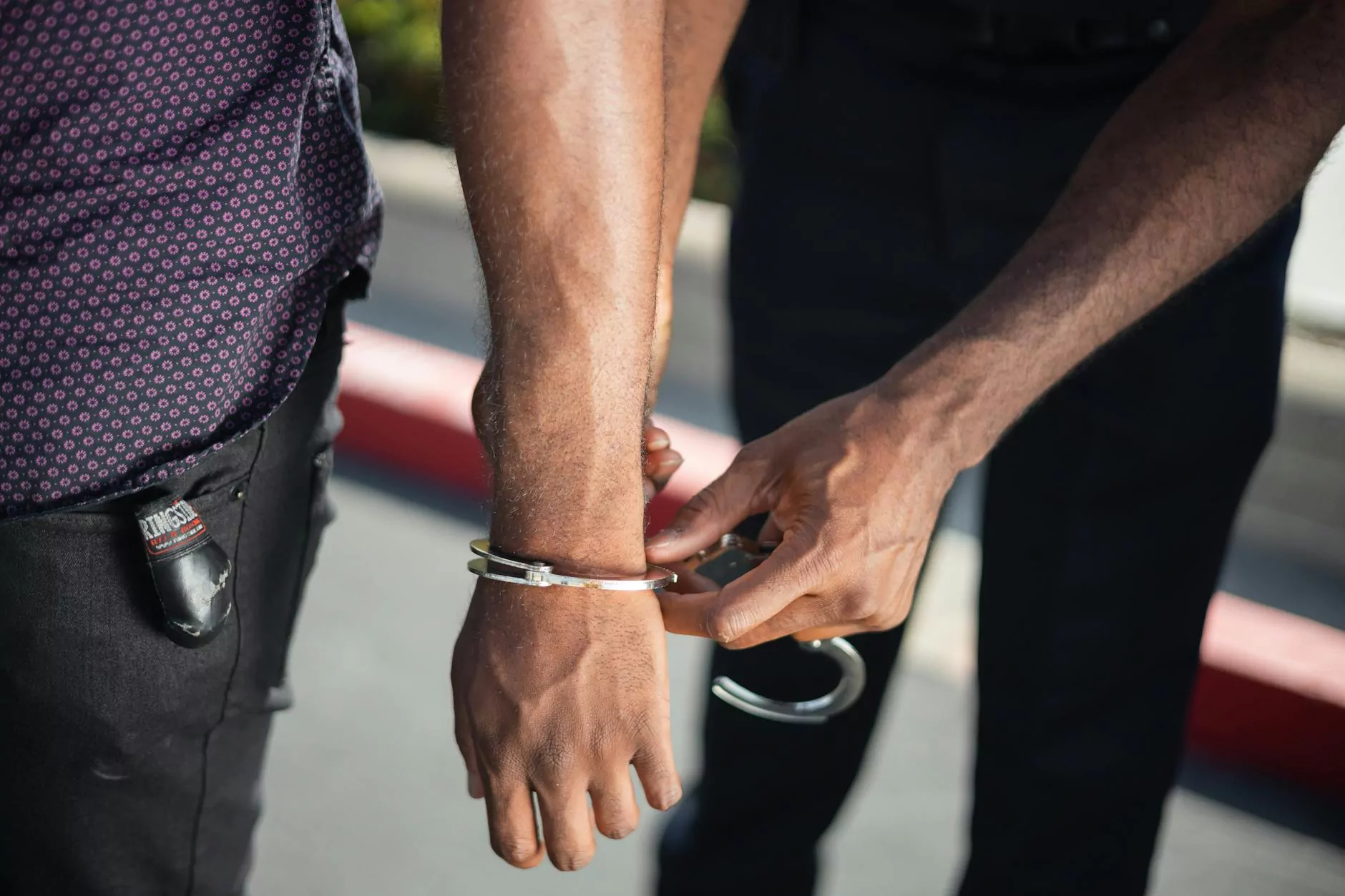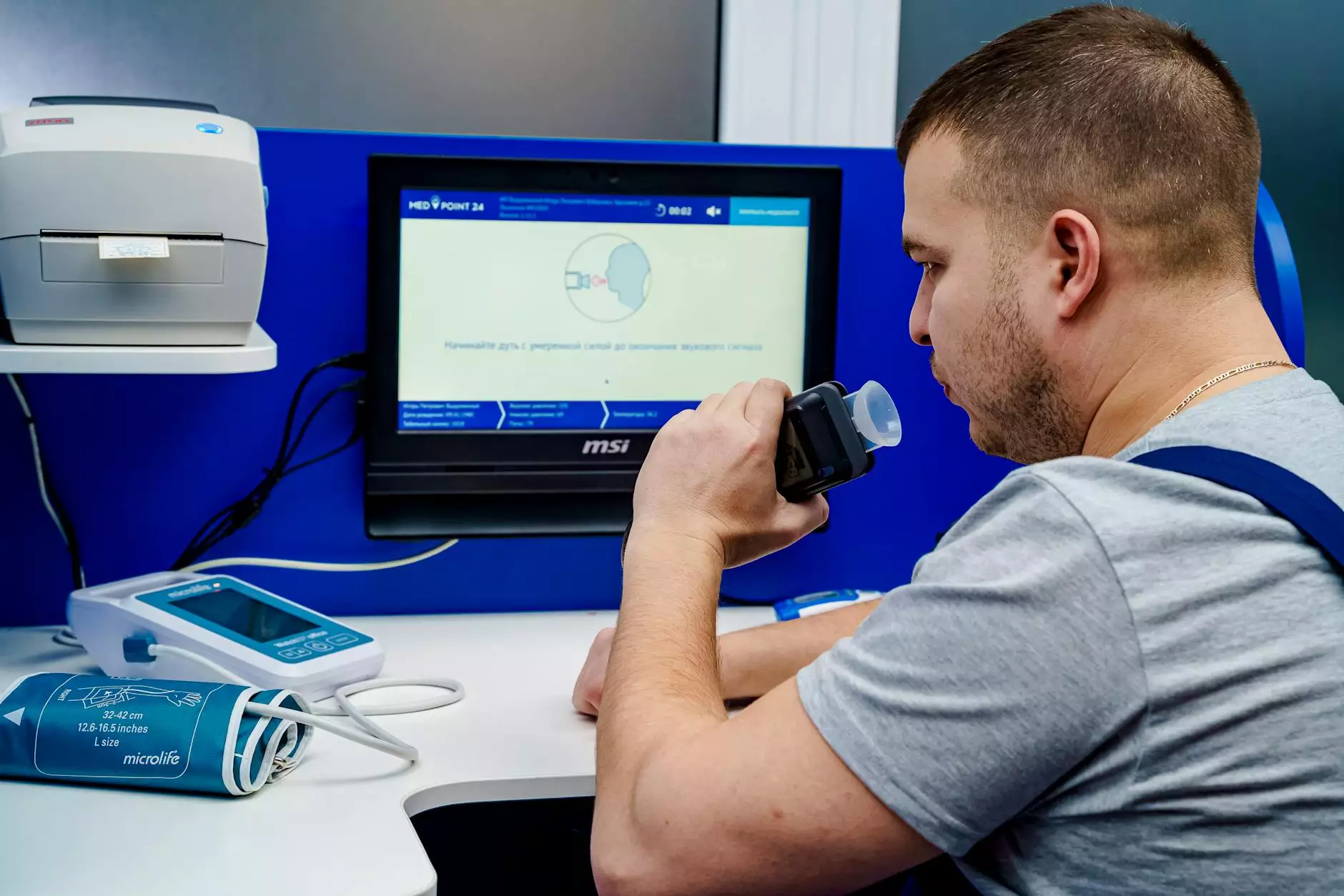When Is Domestic Violence A Felony?
Services
Understanding Domestic Violence and Its Legal Classification
Domestic violence is a pervasive issue that affects countless individuals across various demographics. It involves physical, verbal, emotional, or psychological abuse within domestic or intimate relationships.
In most jurisdictions, domestic violence can range from misdemeanor to felony charges based on the severity of the crimes committed. Felony charges carry more severe penalties and can have far-reaching consequences on both the perpetrator and the victim.
The Factors That Determine Felony Classification
Each jurisdiction has its own set of laws that dictate when domestic violence is classified as a felony. While the specific details may vary, there are common factors taken into account:
- Severity of physical harm inflicted
- Prior history of domestic violence
- Use of weapons during the assault
- Presence of minors at the scene
- Whether a protective order was violated
Penalties and Consequences of Felony Domestic Violence Convictions
Being charged with felony domestic violence can result in severe legal ramifications. These may include:
- Lengthy imprisonment
- Substantial fines
- Mandatory counseling or therapy
- Probation or parole
- Loss of parental rights
Additionally, a felony conviction for domestic violence carries long-term consequences that extend beyond the legal realm. It can impact employment opportunities, housing options, and social standing.
Recognizing the Impact of Domestic Violence on Health
Beyond the legal consequences, it's essential to acknowledge the detrimental effects of domestic violence on an individual's overall health and well-being. Domestic violence victims may experience:
- Physical injuries, including broken bones, bruises, and internal damage
- Emotional trauma, such as anxiety, depression, and post-traumatic stress disorder (PTSD)
- Chronic pain and disabilities resulting from sustained abuse
- Substance abuse and addiction issues as a coping mechanism
- Social isolation and strained relationships with friends and family
Seeking Support and Building a Path to Recovery
If you or someone you know is facing domestic violence, it's crucial to reach out for help immediately. There are numerous resources available, including:
- Domestic violence hotlines
- Shelters and safe houses
- Counseling services
- Support groups
- Legal aid organizations
Recognizing the signs of domestic violence and taking proactive steps can lead to a path to recovery and healing. It's important to remember that no one deserves to be subjected to domestic violence, and there are people and organizations ready to offer support.
Contact Benjamin Shettell, MD for Expert Guidance
For professional insights and guidance concerning domestic violence and its impact on health, Benjamin Shettell, MD is here to help. With years of experience in the field of health promotion and violence prevention, Dr. Shettell offers compassionate care and valuable resources to individuals facing domestic violence.
To schedule a confidential consultation, please reach out to Benjamin Shettell, MD via the contact information provided on the website. Your well-being is our top priority, and we aim to assist you in finding the necessary support and resources on your journey to recovery.










